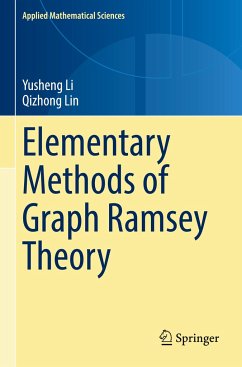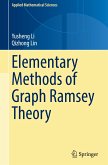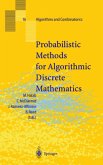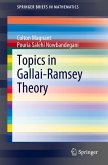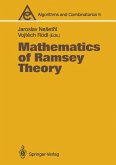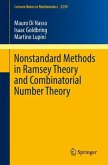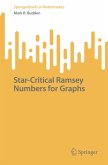This book is intended to provide graduate students and researchers in graph theory with an overview of the elementary methods of graph Ramsey theory. It is especially targeted towards graduate students in extremal graph theory, graph Ramsey theory, and related fields, as the included contents allow the text to be used in seminars.
It is structured in thirteen chapters which are application-focused and largely independent, enabling readers to target specific topics and information to focus their study. The first chapter includes a true beginner's overview of elementary examples in graph Ramsey theory mainly using combinatorial methods. The following chapters progress through topics including the probabilistic methods, algebraic construction, regularity method, but that's not all.
Many related interesting topics are also included in this book, such as the disproof for a conjecture of Borsuk on geometry, intersecting hypergraphs, Turán numbers and communication channels, etc.
It is structured in thirteen chapters which are application-focused and largely independent, enabling readers to target specific topics and information to focus their study. The first chapter includes a true beginner's overview of elementary examples in graph Ramsey theory mainly using combinatorial methods. The following chapters progress through topics including the probabilistic methods, algebraic construction, regularity method, but that's not all.
Many related interesting topics are also included in this book, such as the disproof for a conjecture of Borsuk on geometry, intersecting hypergraphs, Turán numbers and communication channels, etc.
"This book deals with Ramsey theory ... . While going through the book, the reader gets in touch with a range of methods ... . While the presented proofs are ... elementary, the reader needs to be concentrated to go through them. Every chapter contains some exercises at the end for the dedicated reader. Many references are included for more detailed surveys or harder results on the covered topics." (Stijn Cambie, zbMATH 1516.05001, 2023)

